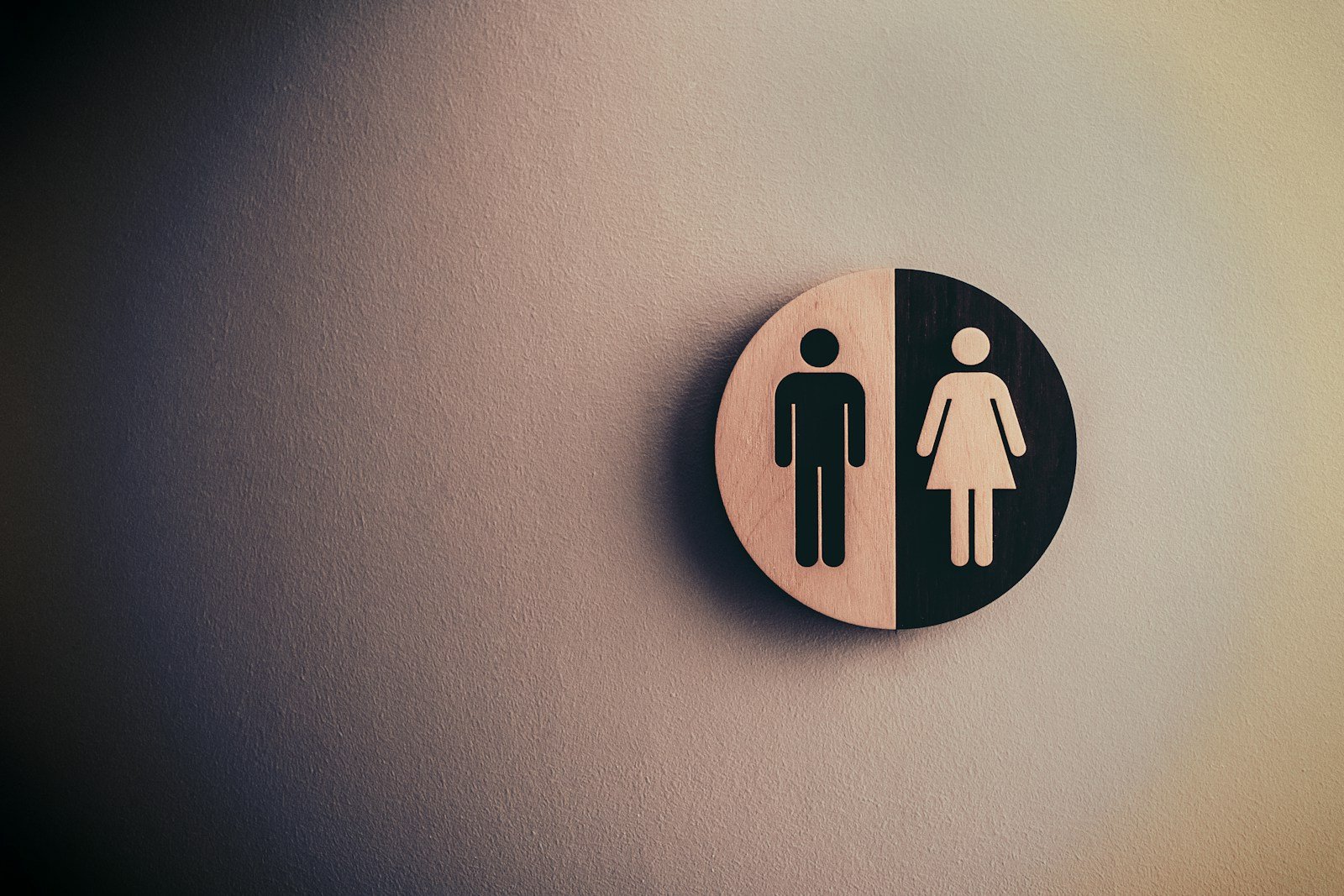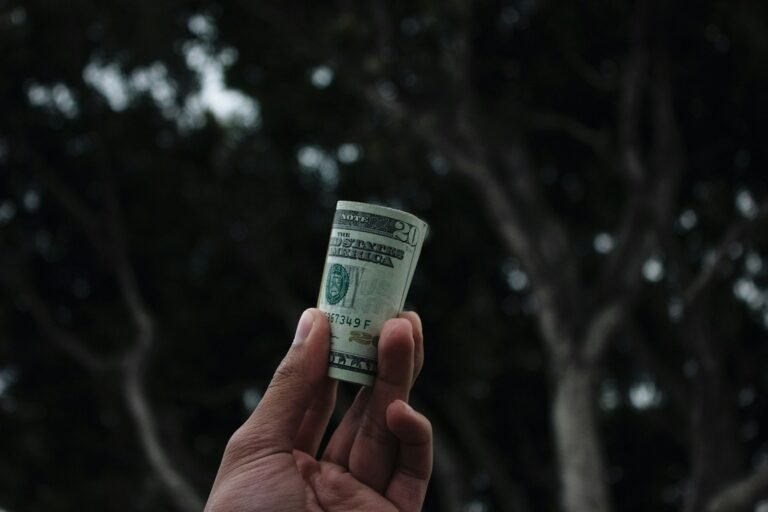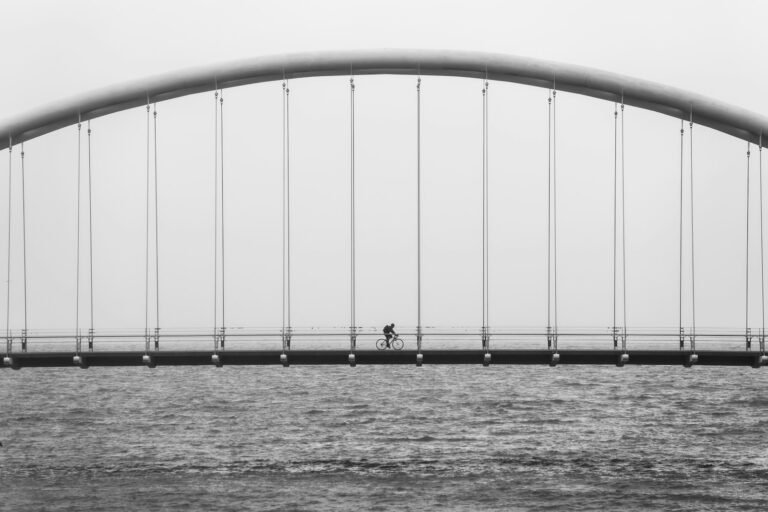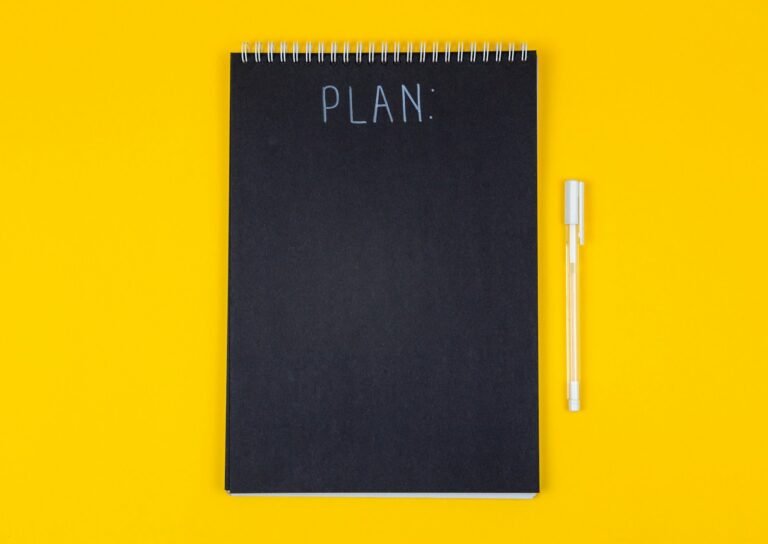The Invisible Cost of Rest: Why Chronic Pain and Laziness Aren’t the Same
I learned early how easily chronic pain and laziness get confused.
In grade 12, my teacher Mrs Smith had a word with me after the last bell rang.
While my classmates spilled out into the hall, buzzing about Friday night plans, I sat slumped in a hard wooden chair. Knees swollen, neck stiff, and my back screaming with pain.
She leaned over, slid my assignment across the desk, and said quietly:
“Daniel, you’re too smart to be this lazy. I know you can do better than this.”
That word — lazy — cut deeper than any flare‑up.
She wasn’t trying to be cruel. And she wasn’t wrong that my paper looked rushed. But what she couldn’t see were the nights I lay awake until 3 a.m. with my spine buzzing, or the mornings I stayed in bed until noon because my body wouldn’t move.
By senior year, I wasn’t uninterested I was just out of gas. School was something I scraped through, doing just enough to get by. Not because I didn’t care. Because I couldn’t.
Her words have lived rent‑free in my head ever since.
When Rest Felt Like Failure
In my late teens and early 20s, I treated rest like a guilty secret.
I’d work 12‑hour shifts painting houses, come home drenched in sweat, and refuse to lie down. Instead, I’d push through a workout, or sit with friends pretending I wasn’t in agony.
I thought saying yes to everything would prove I wasn’t lazy. Instead, it proved I didn’t respect my limits.
The result?
- Flare‑ups that hobbled me for weeks, not days.
- Friendships faded when I canceled, too drained to show up.
- A body breaking down faster than it should have.
Society has a script: rest equals weakness. Hustle equals worth.
And when your illness is invisible, the pressure doubles because no one sees the fight you’re already in.
Lying in bed until 2 p.m. made the script feel real. Fatigue wasn’t just tiredness; it was a force that could wipe out whole days. No matter how hard I pushed back, it won.
Rest didn’t feel like recovery.
It felt like punishment.
The Bathroom Stall No One Knew About
By 27, I was in a sales job, running on ibuprofen and bravado.
The bathroom had two stalls and a revolving door of people. It wasn’t private, but it became my escape. I’d slip in, lock the door, and collapse onto the toilet lid. Cold tile under my feet. Fluorescent hum above me. Muffled voices outside.
Some days I cried quietly until I had enough release to keep going. Other times, I just closed my eyes, pretending to use the bathroom while I stretched. Survival in stolen minutes.
One afternoon, my manager noticed. His tone wasn’t sharp. It was calm, concerned, even sad.
I hated telling people about my condition. Pity made me feel like a case study, not a person. But he didn’t pity me. He listened. He asked questions. Then he started solutioning.
“Then build breaks in,” he said. “I’d rather you last here than burn out.”
His matter‑of‑fact acceptance made me realize I’d been fighting my body instead of working with it. That was the first time I saw rest not as failure but as leverage.
After a year of proving I could deliver, he let me work a couple times a week remotely. That flexibility saved my career and taught me that survival wasn’t about pretending I was fine. It was about designing a life that held up.
How I Relearned Rest
It didn’t flip overnight. But that conversation planted a seed: maybe rest wasn’t laziness. Maybe it was fuel.
Here’s what changed everything:
- Energy Budgets → Each morning, I rated myself 1–10 and adjusted plans. (I break this down in Living at a 6/10).
- Micro Breaks → A footrest under my desk let me change posture without wrecking my spine. Every 30 minutes, I’d stand or stretch for 5.
- Midday Reset → A contour heating pad became my lifeline. Twenty minutes cut pain spirals before they took over.
- Evening Recovery → A memory foam body pillow kept my hips aligned so I didn’t wake up worse than I went to bed (see Working from Bed with Chronic Pain).
- Boundaries Support → Using noise‑cancelling headphones wasn’t about music it was about reducing sensory stress so I could actually rest.
- Honest Scripts → Saying, “I want to join, but I’ll need to leave early,” kept me connected without crashing. (More in Boundaries That Saved My Relationships).
For the first time in years, I wasn’t burning out weekly.
I was pacing myself. And strangely, people started trusting me more not less.
Rest Isn’t Laziness. It’s Medicine.
Even now, in my 40s, the old voice sometimes sneaks back: Maybe you’re just being lazy.
But I counter it with truth:
Rest is why I can still work, love, and live.
It’s not an excuse it’s my fuel.
And it’s not just for people with chronic pain. Whether you’re battling burnout, carrying the weight of caregiving, or simply trying to keep up in a world that glorifies productivity, rest isn’t weakness. It’s medicine.
The people worth keeping won’t see laziness in your rest.
They’ll see resilience.
And so should you.
Your Turn
If you’ve been called lazy for needing rest, try this:
- Catch yourself once this week. If you usually grit through a long workday, set a timer for a 5‑minute stretch break.
- Don’t call it a failure. Call it a strategy break.
- Notice how your recovery changes.
You don’t owe the world constant proof that you’re not lazy.
You owe yourself a life that thrives.






